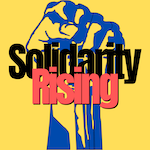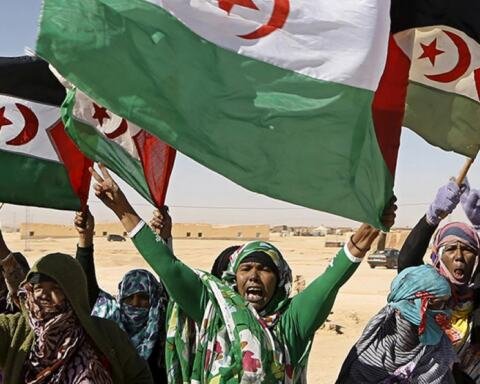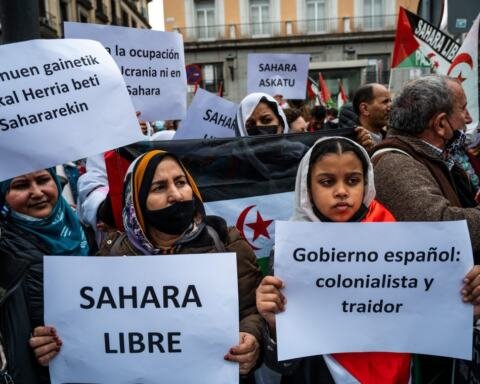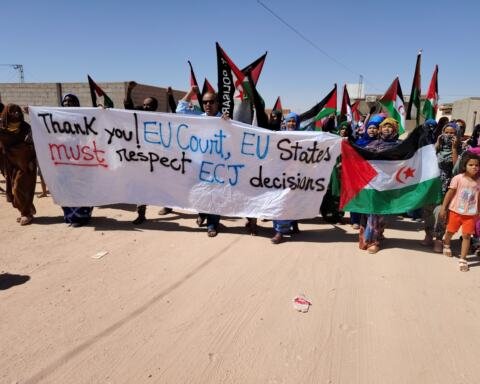The Western Sahara conflict, now in its 35th year, is a conflict that challenges concepts of territorial sovereignty and self-determination and of the alleged linkage between them. It is also a manifestation of the struggle for regional hegemony between Algeria and Morocco and, by extension, a struggle by both regional powers to capture the attention and support of Europe and the United States. Amidst these major concerns, the interests of the Western Saharans themselves are being increasingly ignored, a situation that raises further questions about popular legitimisation of sovereignty in the contemporary world order.
Full article
Sovereignty-and-the-Western-SaharaSource: Taylor & Francis Online
Support our work
Support our work
Support our work with a one-off or monthly donation
AuthorGeorge Joffe Year2010Pages11LanguageEnglish
Share via
Related resources
The Western Sahara Dispute: A Cautionary Tale for Peacebuilders
The UN and MINURSO have succeeded neither inconducting a referendum nor in…
Western Sahara as a Hybrid of a Parastate and a State-in-Exile: (Extra)territoriality and the Small Print of Sovereignty in a Context of Frozen Conflict
Within the liminal universe of parastates, what makes Western Sahara/SADR…
The Front Polisario Verdict and the Gap Between the EU’s Trade Treatment of Western Sahara and Its Treatment of the Occupied Palestinian Territories
Morocco’s control over Western Sahara and Israel’s control of the West Bank…



